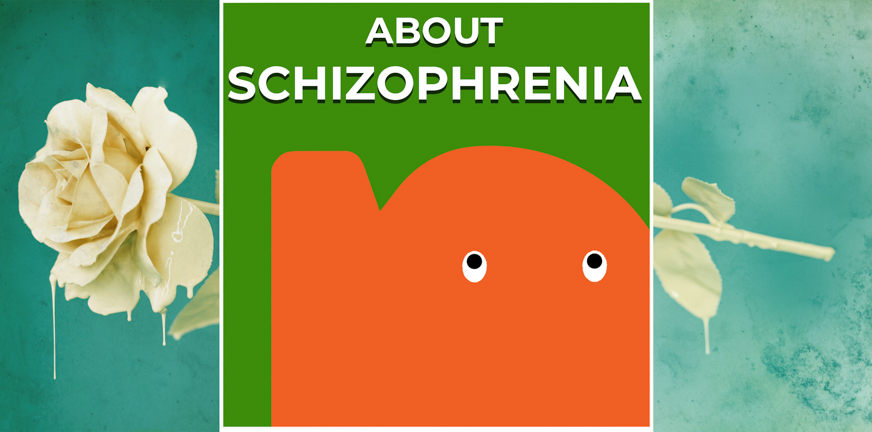
Many insights we had about schizophrenia have by now been proven wrong. Yet these outdated ideas are still spread around. So what is schizophrenia really? What exactly are we talking about when discussing it? And what does it mean to be diagnosed with schizophrenia?
Know anything about schizophrenia?
Have you ever looked for information on schizophrenia? Then chances are that you’ve heard it is a very serious brain disease. Maybe you’ve also read somewhere that it’s about having a split personality. And that people with schizophrenia are dangerous and cannot be trusted. These misconceptions have long been proven wrong, yet they are still spread around.
Read more about schizophrenia.
Schizophrenia in the DSM
The Diagnostic and Statistical Manual of Mental Disorders (DSM) is the most common system for diagnosing and classifying mental disorders. The most recent version (DSM-5) describes almost 300 conditions, along with the symptoms that one must display to ‘classify’ for a certain diagnosis. The DSM roughly describes schizophrenia as a disorder characterised by psychotic episodes, ‘in which the patient loses the ability to test and confirm his sense of reality.’
Read more about the schizophrenia spectrum.
Does schizophrenia exist or not?
The diagnosis of schizophrenia is more of an agreement between psychiatrists than an objective and solid description of a disease. The diagnosis is constantly changing over time and has different definitions in different classification systems (DSM and ICD). On Psychosisnet.com, we therefore prefer to speak of the ‘psychosis spectrum syndrome’ instead of ‘schizophrenia’.
Read more about the question whether schizophrenia actually exists or not.




